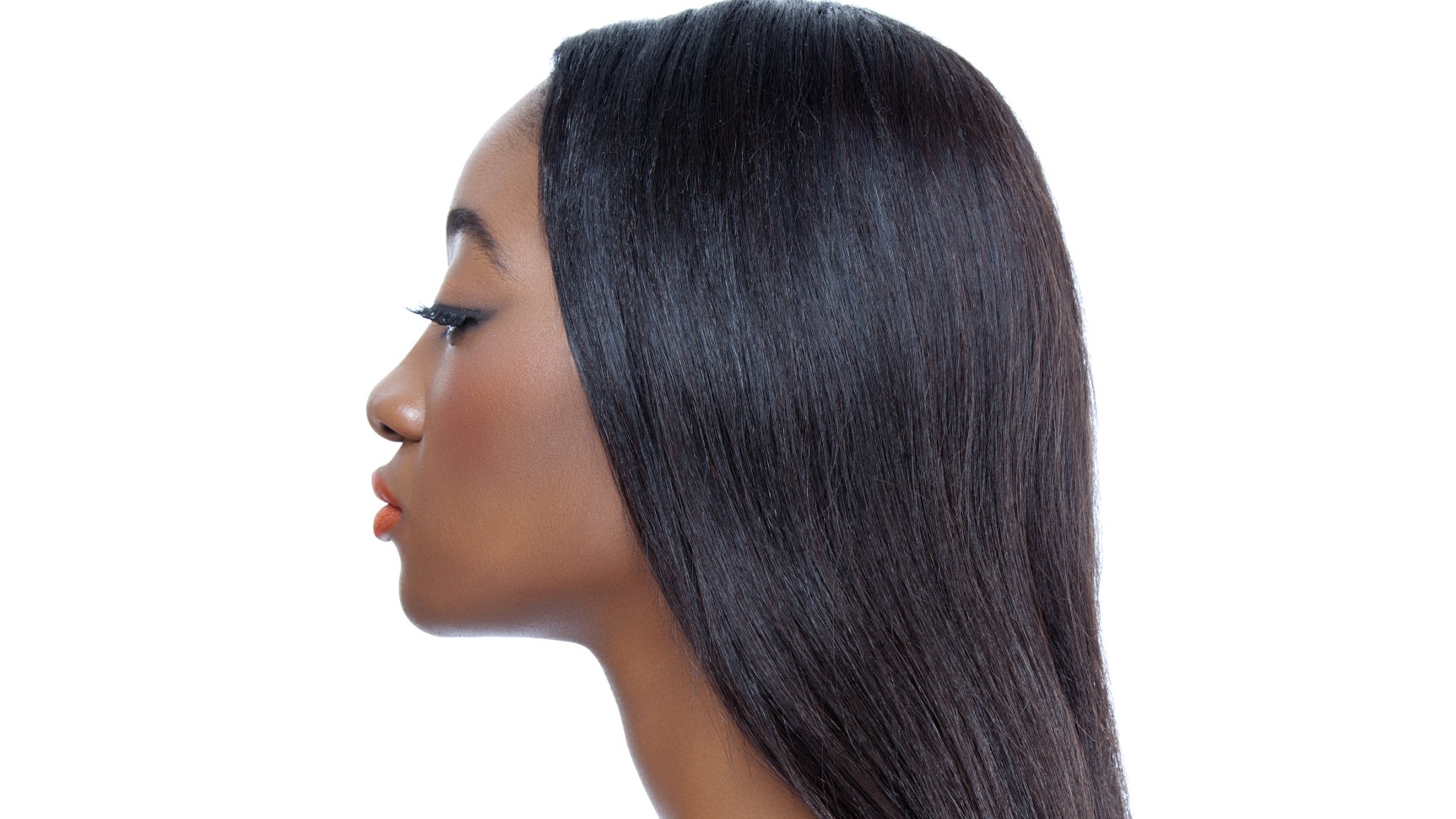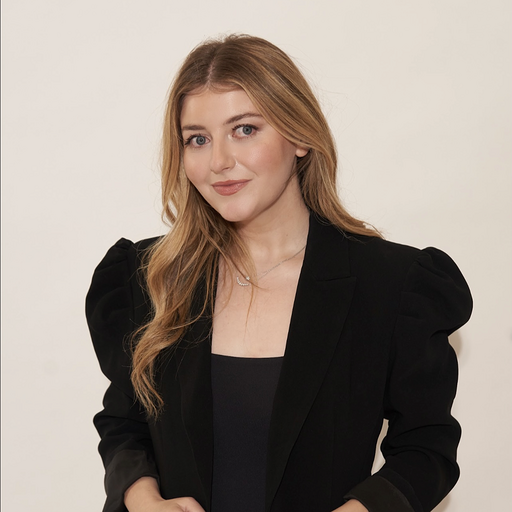New Study Suggests Chemical Hair Straighteners Increase A Woman’s Risk of Uterine Cancer
Researches found that the Black community is disproportionately affected.


Chemical straighteners have long been a routine styling option for women, specifically among those in the Black community. But new information published by the National Institutes of Health indicates that hair relaxers, many of which include toxic ingredients like parabens, bisphenol A, metals, and formaldehyde, place women at a substantially higher risk of developing uterine cancer.
The results came to light following an eleven-year study that followed over 33,000 women aged 35-74. At the conclusion, 378 women were diagnosed with uterine cancer. While genetics and other factors do play a role, the team of researchers were able to prove that those who used chemical straighteners at least four times a year were at double the risk. Sixty percent of those women were Black.
“We estimated that 1.64 percent of women who never used hair straighteners would go on to develop uterine cancer by the age of 70; but for frequent users, that risk goes up to 4.05 percent,” said Alexandra White, Ph.D., head of the NIEHS Environment and Cancer Epidemiology group and lead author on the new study. “This doubling rate is concerning. However, it is important to put this information into context—uterine cancer is a relatively rare type of cancer.”
Che-Jung Chang, Ph.D., an author on the new study and a research fellow in the NIEHS Epidemiology Branch, went on to note these results are more “relevant” to Black women, as they historically use relaxers more frequently and at a younger age. Such is the case for Jenny Mitchell, a 32-year-old woman who, after using chemical straighteners for 22 years, was diagnosed with uterine cancer. Following the connection established in the NIH study, she has sued L’Oréal USA, the parent company who manufactured a range of chemical straighteners and relaxers she used throughout the years.
“As most young African-American girls, chemical relaxers, chemical straighteners were introduced to us at a young age,” Mitchell said in legal documents obtained by CNN. “Society has made it a norm to look a certain way, in order to feel a certain way. And I am the first voice of many voices to come that will stand, stand up to these companies, and say, ‘No more.’”
L’Oréal has yet to release a statement at this time.
Although the news is alarming, Crystal Aguh, MD, hair expert and associate professor of dermatology at Johns Hopkins School of Medicine, is cautions against panic. "This study, called the Sister Study, conducts surveys on participants who have at least one sister who has been diagnosed with breast cancer, so presumably this population has a higher risk of developing breast (or other gynecologic cancers) than most women," she explained in a tweet.
Get exclusive access to fashion and beauty trends, hot-off-the-press celebrity news, and more.
"In this study they compared rates of uterine cancer in 1) women who used hair dye and 2) women who used any hair straightening products in the past 12 months versus women who don't use those products," she continued. "Hair straightening use included: relaxer, keratin treatment, heat straightening (like a flat iron or silk press), a curly perm or deep body wave- clearly an incredibly variable list of styling options."
"However, there was NO difference in uterine cancer rates in never users compared to women that used 4 or fewer times a year," she said. "Most of the difference in uterine cancer rates was driven by frequent users, who in the study had 2.55x risk of developing uterine cancer compared to controls."
“The overall risk of uterine cancer is quite low so it's important to remember that," she concluded. "For now, if you want to change your routine, there's no downside to decreasing your frequency of hair straightening to every 12 weeks or more, as that may lessen your risk.”
While the results of the NIH study are disconcerting, it's important to remember that uterine cancer accounts for just 3.5 percent of all cancer diagnoses. There's much more research needed to establish a further connection between chemical straighteners and uterine cancer. “To our knowledge this is the first epidemiologic study that examined the relationship between straightener use and uterine cancer,” White said at the conclusion of NIH study. “More research is needed to confirm these findings in different populations, to determine if hair products contribute to health disparities in uterine cancer, and to identify the specific chemicals that may be increasing the risk of cancers in women.”

Samantha Holender is the Senior Beauty Editor at Marie Claire, where she reports on the best new launches, dives into the science behind skincare, and shares the breakdown on the latest and greatest trends in the beauty space. She's studied up on every ingredient you'll find on INCI list and is constantly in search of the world's glowiest makeup products. She's constantly tracking the biggest nail and hair trends to pop up in the beauty space, going backstage during fashion weeks, tracking celebrity looks, and constantly talking to celebrity hair stylists, nail artists, and makeup artists. Prior to joining the team, she worked as Us Weekly’s Beauty and Style Editor, where she stayed on the pulse of pop culture and broke down celebrity beauty routines, hair transformations, and red carpet looks. Her words have also appeared on Popsugar, Makeup.com, Skincare.com, Delish.com, and Philadelphia Wedding. Samantha also serves as a board member for the American Society of Magazine Editors (ASME). She first joined the organization in 2018, when she worked as an editorial intern at Food Network Magazine and Pioneer Woman Magazine. Samantha has a degree in Journalism and Mass Communications from The George Washington University’s School of Media and Public Affairs. While at GWU, she was a founding member of the school’s HerCampus chapter and served as its President for four years. When she’s not deep in the beauty closet or swatching eyeshadows, you can find her obsessing over Real Housewives and all things Bravo. Keep up with her on Instagram @samholender.